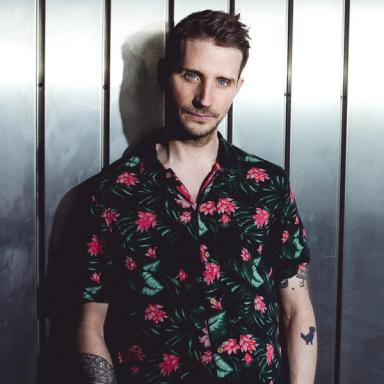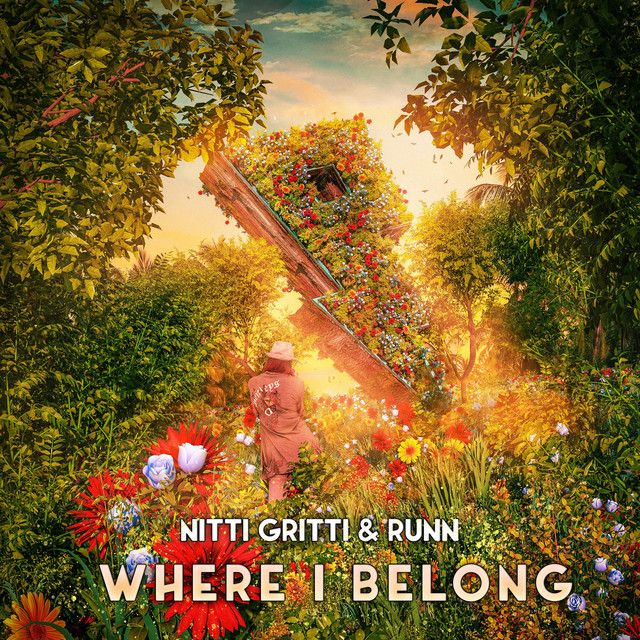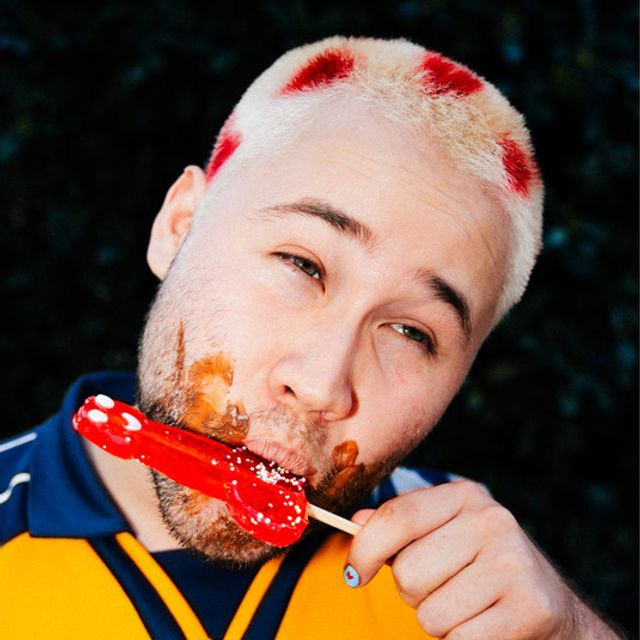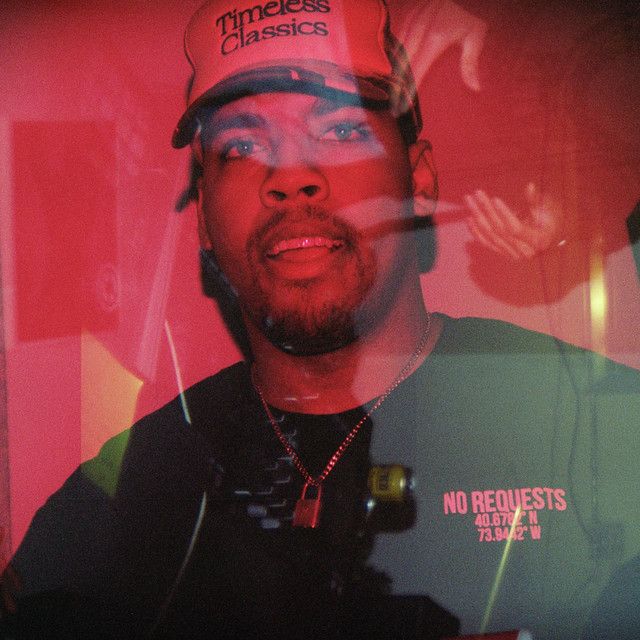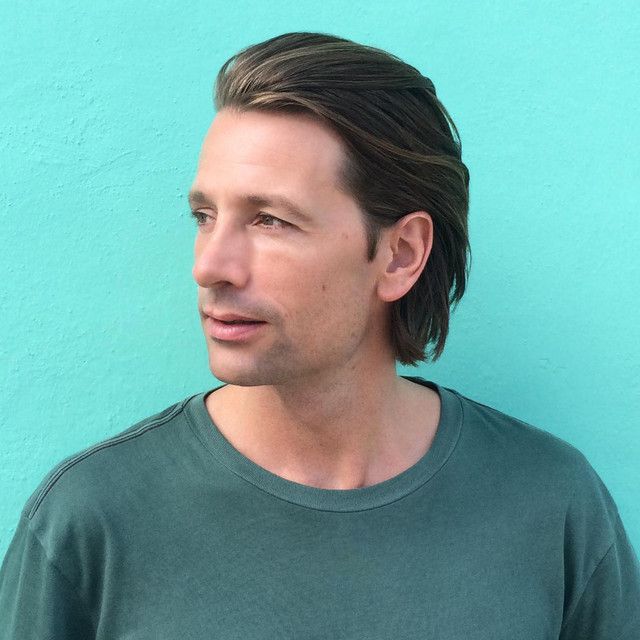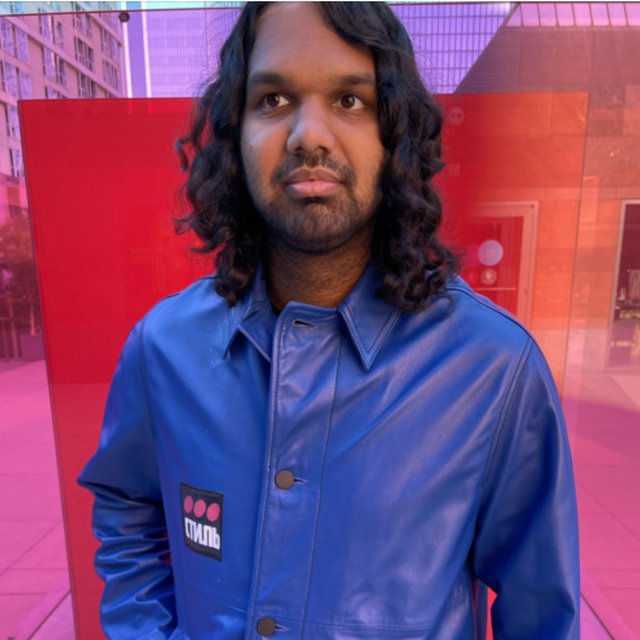Artist Spotlight
Founded in 2002, Watergate has firmly established itself as one of the world's greatest clubs and a truly iconic venue in Berlin. Known for hosting a consistent slate of high-level talent, the club follows Berlin traditions of being open all hours of the weekend. Overlooking the Spree river, the club has two floors: the upper floor, which many will recognize from videos due to its iconic LED emblazoned ceiling, and intimate dancefloor. The Water Floor is equally legendary as its massive windows give the room a true night into day feel, with the sun soaking the room as the morning arrives. Twenty years of operation for any venue is awe-inspiring, and for a club in Berlin with Watergate's impressive programming and tight door policy, the club's accomplishments cannot be overlooked. In addition to the venue's nightlife pedigree, the team behind the club also runs a label, Watergate Records. Watergate Records was founded in 2008 and has since become widely respected for releasing lauded EPs and its famous Watergate Mix series. For the most recent addition of the mix, the 28th of its kind, Watergate Records turned to Biesmans, a legend of the club who worked his way up from being the venue's sound engineer to headliner and resident. Biesman crafted the mix and collaborated and produced every single track on the album. "I just started to create and followed my instincts. I started the project with two weeks of sketching, making roughly two tracks per day focusing on quantity, not quality. After that I had so much raw material, which made it very easy to search for collabs," he explains about the process of creating the mix. "I would usually send out three sketches so the collaborating artist could pick their favorite to work on. This approach made my time management super efficient because while I was working on my own favorites, I had other people working on stuff I got stuck on. Within 10 weeks the whole project was finished and I even had a few left overs that I didn't include in the mix!" Biesmans made a name for himself as a local DJ in Belgium before moving to Berlin and realizing how stiff the competition was. The only way he could even approach having a career as a DJ was by taking a step back. He took a job as a sound engineer for Watergate and kept his head down, learning the club's ways until he finally had the chance to play. He made sure his debut set was perfect and has never looked back. He has gained international acclaim as a master producer, and in Berlin, he is a local icon known best for his strong melodic sets. The DNA of clubs has clearly run in your blood for a long time. As a teenager, you built a club in the backyard and had friends over to dance. How did you discover electronic music, and do you have any stories from these teen years you can share with us? I think the virus hit around '96 when my mother got a radio with CD player and a CD to try out. I remember it was some sort of Eurodance compilation with some hyper-commercial stuff like Scooter and DJ Bobo. But there were also a few cool tracks on it, like "House of House," amongst others. Before this CD, I was mainly into all sorts of rock. You can see this CD as some sort of a key to electronic dance music. After that moment, I started to open up to house and techno, and when we opened our little club house in the backyard. I took charge of the music and focused mainly on the electronic stuff. It's still unclear why the neighbors didn't complain more because we would throw weekly parties with at least 20-30 (loud) teens! Fast forward a few years, and you were DJing regularly before moving to Berlin. Upon arriving, it sounds like you began to understand how crowded the scene was and took a job at Watergate while you worked on getting gigs. What were those years like before you got the chance to spin at the venue? I have to admit that it wasn't always easy! Don't get me wrong, I always loved to work at Watergate, but my main goal was the music. I was in this famous club and couldn't touch the controls! Like sending a kid into a toy store, they aren't allowed to touch a single thing. That said, these years were also essential to me because I could learn so much from both sides. Looking back on that time, I'd like to see them as my master's degree! Were there any legendary nights that stick out in your mind? You always have the most amazing nights with Papa Sven (Väth) or Ricardo (Villalobos), but if you asked me for one night, in particular, it would be last August with Laurent Garnier! I had the chance to open for him, and what he showed us after that was simply unparalleled! The musical journey, the crowd, the vibe. The stars aligned on August 5, 2022! What do you remember about the first night you got to play at the club? Oh, that was a good one! Nothing but good memories about that night! I invited so many friends. I even had my Belgian crew over. And when the doors opened, the club filled up in no time! It might have been a bit selfish, but I went for a peak-time warm-up. I was hardly playing at that time, so all the energy got unleashed in those three hours! Now that you've established yourself as an artist, your sets have become the stuff of legend. As someone who performs both DJ and live sets, do you have a preference? What are the pros and cons of each? In an ideal world, I do one DJ set and one live set per weekend. It's hard to pick a favorite because they're both so different, yet the purpose is the same. The thing I love about DJing is that it keeps me alert and focused on other people's music. It pushes me to search for music and inspires me when I produce. On top of that, it's also very easy in terms of technical setup, so you don't need to do sound checks or travel with gear. I love playing live because it's much more challenging, and it's cool to only play your own music. There is much more space for mistakes and errors, but that also makes it very rewarding when everything works fine. You are somewhat of a gearhead, with a plethora of synths and keyboards in your studio. If you could only keep one piece of hardware for music production, what would it be and why? Ouch! That's mean! If you'd make me choose, I think I'd go for my Moog Grandmother. For many years, the Korg MS-20 was my favorite, but when I got the Grandmother, it became clear it is sort of a modern-day classic. They're quite similar because they're both analog, semi-modular monophonic synths, but the Moog is just unbeatable in terms of flexibility! As someone with such a strong association with Watergate, this album surely put you in a more broad spotlight. What do you hope to accomplish going forward with your music and career? Do you see yourself always being involved with Watergate in some capacity? I don't see myself working back behind the scenes in Watergate or any other place. I have that part of my career behind me, and all I want to do right now is focus 100% on my music. I still have so much to learn and so much to discover! I hope to push my live act to another level, and I would love to break into different territories with my productions. Scoring a movie is a dream of mine, but I feel I'm not there yet. Everything in its time!
